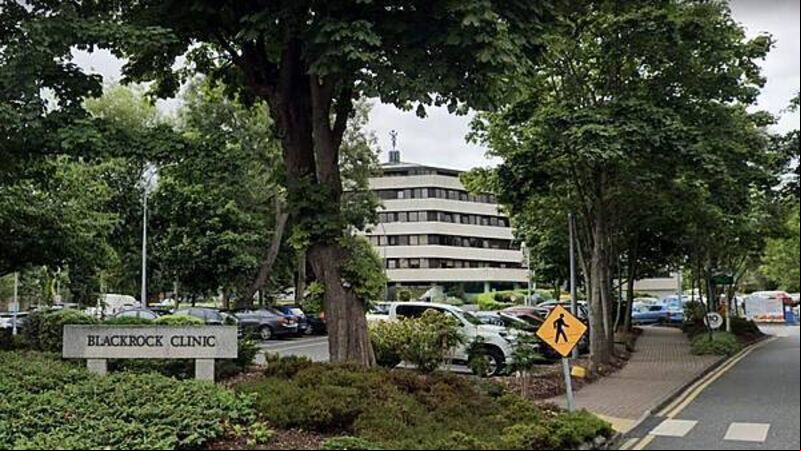Blackrock Clinic gets planning approval for women's health centre in Dublin

Gordon Deegan
Dublin City Council has given the green light to plans by the Blackrock Clinic Health Group to establish a new women’s health centre over four floors in a Dublin city centre location.
The Council has granted planning permission to the Larry Goodman Trust owned Blackrock UC after concluding that the proposal for 2-5 Warrington Place, Dublin 2 “would not have an adverse impact on the surrounding area”.
The six page Council planner’s report, which recommended that planning permission be granted, found that “the medical use proposed does not raise any concerns in of potential impact within the wider surrounding area”.
Arising from the new venture, Blackrock UC told the Council that 50 jobs will be created by the women’s health centre which is expected to cater for an estimated 340 attendees per day.
The planning application by Blackrock UC seeks to change the use of an office development to a women’s health centre that "will be a pivotal step forward in enhancing women’s health services in Ireland".
A planning report lodged with the application stated that the proposed development for a women’s health centre aligns with priorities outlined in the Dept of Health's Women’s Health Action Plan 2024-25, such as improved access to diagnostic imaging, ambulatory care, and preventative health services like mammograms and DEXA scans.
The report by McGill Planning stated that “facilities such as consultant suites, physiotherapy rooms, and procedure areas directly contribute to key initiatives in the Action Plan, including the development of specialised gynaecology clinics, pelvic floor health, and multidisciplinary care”.
In the report, Ms Shauna Hewitt stated that “repurposing the existing office building minimises environmental impact and aligns with sustainable practices, an implicit priority in many governmental health strategies”.
Ms Hewitt added that “by addressing national healthcare priorities and fostering a patient-centred design, this transformation into a Women’s Health Centre is justified as both a practical and strategic advancement in healthcare infrastructure”.
She contended that “the proposed Women’s Health Centre is a valuable addition to Dublin’s healthcare infrastructure, promoting equity, sustainability, and patient-centered care while contributing to the urban regeneration of this prominent location”.
The report also stated that the proposed Women’s Health Centre “is strategically located to integrate seamlessly into Dublin’s existing network of women’s healthcare facilities”.
It stated that “its proximity to key institutions such as The National Maternity Hospital, Holles Street, and nearby specialised clinics ensures it is well-positioned to complement public healthcare services.
It further stated that this private centre “could serve as an overflow for public patients referred from these facilities, particularly for diagnostics, minor procedures, and specialised consultations, alleviating pressure on public systems while maintaining continuity of care”.
Ms Hewitt said that “the new centre offers convenience for patients and fosters a collaborative approach between public and private sectors to enhance accessibility and streamline women’s health services across the Dublin area and its hinterlands”.
It stated that as a dedicated diagnostic facility, the Centre will assist in the early diagnosis of both benign and more complex conditions.
The planning report added that “where more advanced treatments or invasive surgery are required, these will be referred to Blackrock Clinic and other hospitals, thereby reducing the time from diagnosis to treatment, which will improve patient outcomes and quality of life”.









